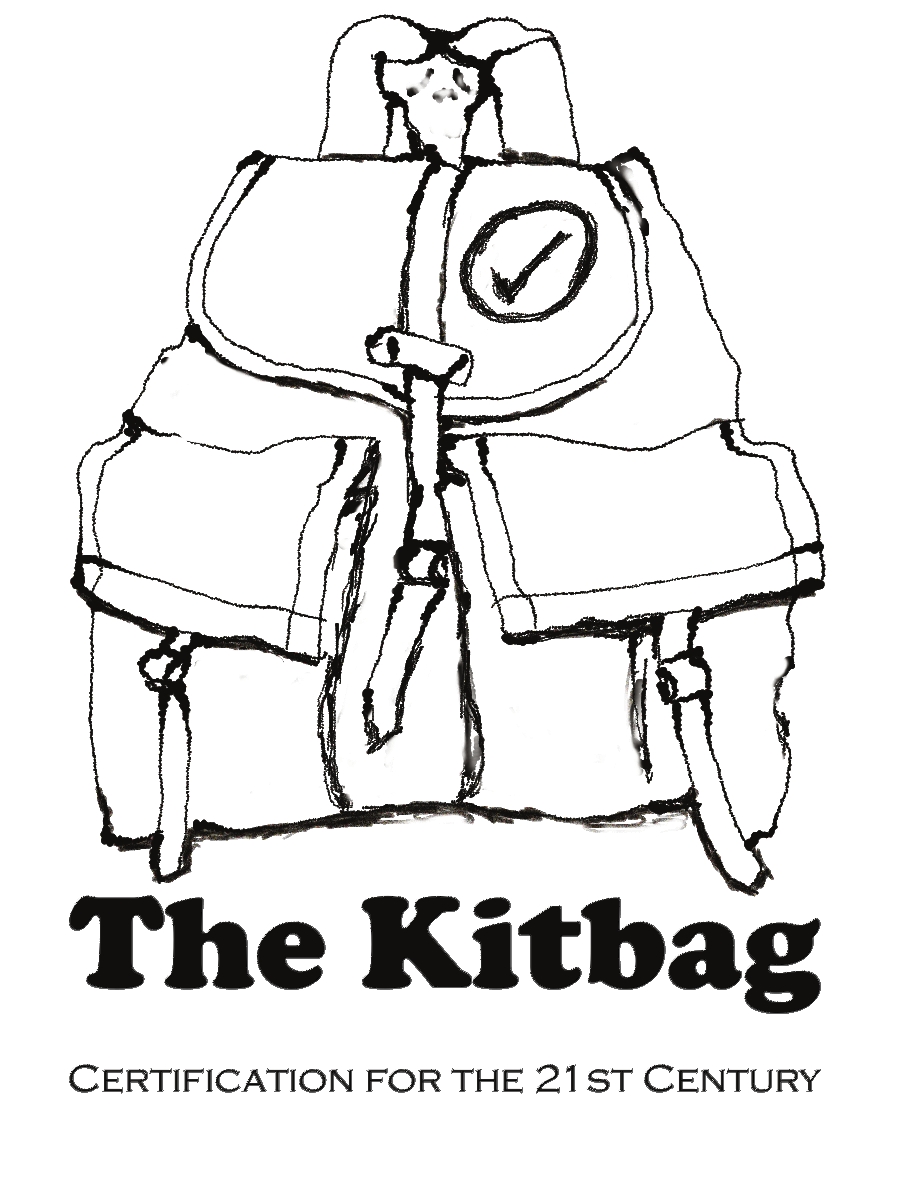The best schemes benefit everyone.
Some of those who get the idea to create a new social or environmental certification scheme may want to develop a system to benefit the environment, workers or the community at the expense of the companies that are subject to certification audits. It is easy to get into this mindset; there is a problem and you want to solve it. Companies are polluting so your scheme is designed to prevent pollution - companies that pollute cannot be certified.
This approach can make companies feel that they are the target of the scheme and not a client, stakeholder or partner in making the world a better place. As a result they may feel that they are being used for the benefit of others or worse, that they are the patsy - being used to pay the cost and never gaining the benefit of being part of the project.
One way to get around this to design a scheme that benefits all the users, supporters and those whose business you hope will come to depend on your scheme. It is never wrong to say that my scheme will reduce pollution - but what are the reasons that anyone in the value chain from the primary producers to the final user (or even a recycler) would participate? Why would a retailer sell a certified product? Why would an environmental organization support the sale of certified products? What would motivate workers to support the scheme? Local community leaders? etc...
Think through your value chain and find partners in each link. Invite them into your process and find out what you can do to make their lives, business, community or environment better. Yes, every scheme will have elements that cost - the costs become acceptable when the benefits outweigh the costs. Consumers will pay more for organic baby food because they feel it is worth it for the heath of their babies. A company will pay more for organic apples because their customers want organic applesauce for their babies. A farmer will go through the cost and inconvenience to be certified organic in order to sell to the baby food manufacturer. Some or all of the players in the value chain may passionately believe in the benefits of organic food, some may just see economic benefit.
Most schemes consider benefits in the supply chain such as increased market access, larger market share, access to long term contracts, and occasionally a premium price for the product.
There are other benefits that can be considered including using your scheme as a way to better manage risk (e.g. food safety certification or making sure that child labour is not used to make the clothes that I sell...)
Really inventive creators of a scheme may be able to think of more ways this scheme can improve productivity, reduce costs, enhance quality, improve the environment, improve working conditions, etc... If the scheme adds value (regardless of the cost) throughout the value chain then companies will line up to join and your original goal can be achieved with the enthusiastic support of industry, service providers, retailers, consumers, workers, communities and advocacy organizations....and if you are really luck governments will not get in your way.
